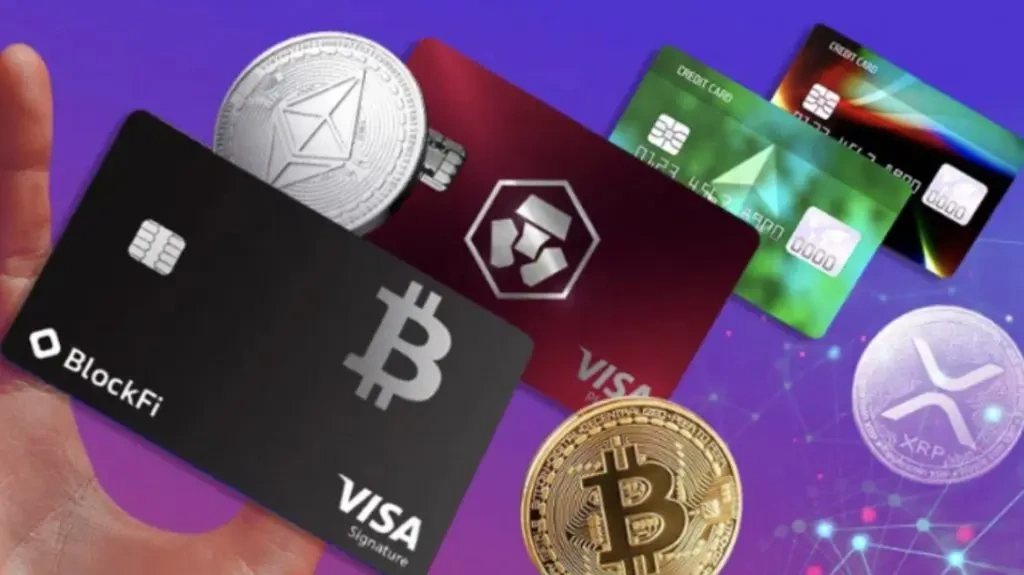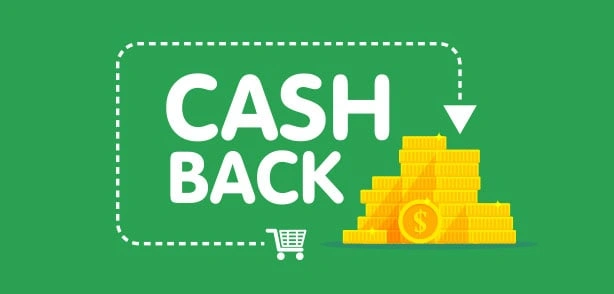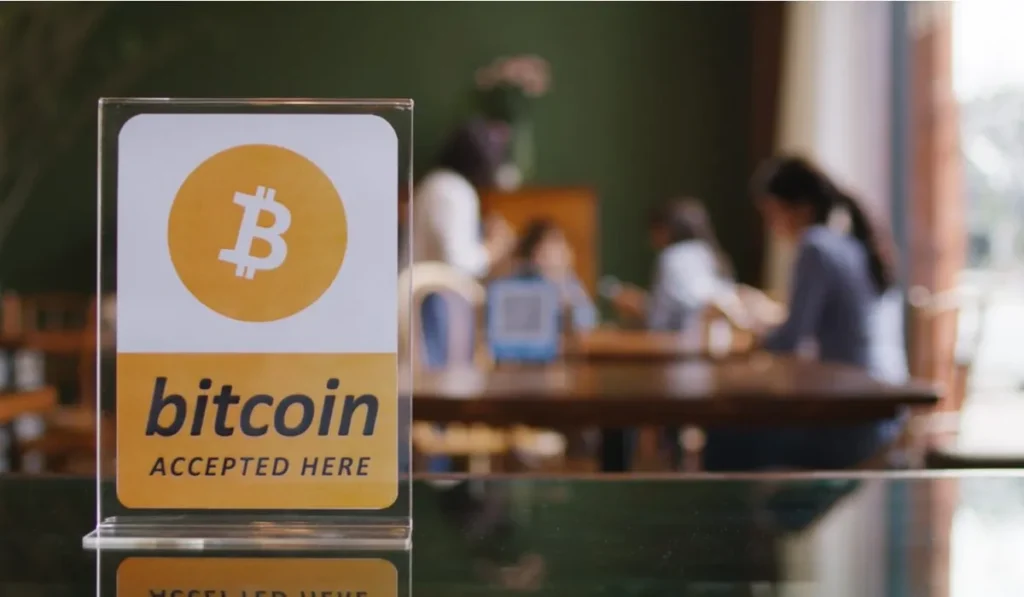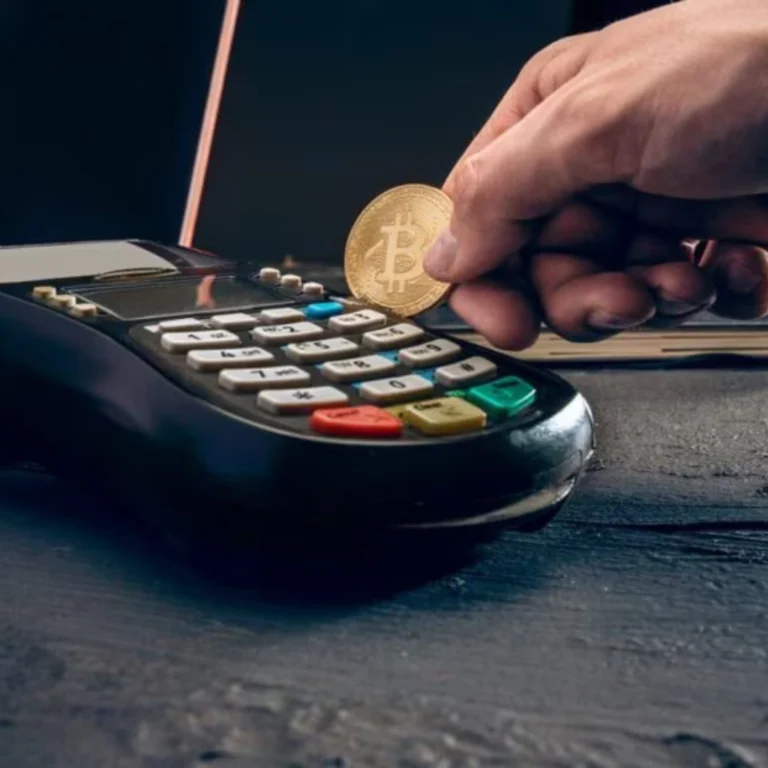As cryptocurrencies become more widely accepted, digital payment tools like crypto cards are gaining popularity among tech-savvy travelers. But can a crypto card fully replace traditional payment methods during international travel?
This guide offers an educational breakdown of how crypto cards work, their advantages and challenges, and key factors to consider before relying on one for your next trip.
What Is a Crypto Card?


A crypto card functions similarly to a debit or credit card, but instead of drawing funds from a bank account, it accesses your cryptocurrency wallet. When used for payments, the crypto card automatically converts your digital assets—like Bitcoin or Ethereum—into the local currency at the point of sale.
There are two main types:
- Prepaid Crypto Cards: Require manual loading of funds from your wallet.
- Linked Crypto Cards: Connected directly to exchanges (e.g., Binance, Crypto.com) for automatic conversion.
They are usually issued by Visa or Mastercard and can be used anywhere these networks are accepted.
Advantages of Traveling with a Crypto Card


Crypto cards offer several benefits, especially for international travelers:
- Global Spending Flexibility: Spend in multiple countries without worrying about currency exchange.
- Real-Time Conversions: Your crypto is converted into local fiat currency at the time of purchase.
- Lower Foreign Transaction Fees: Many crypto cards reduce or eliminate typical international fees.
- Crypto Cashback & Rewards: Earn back a percentage of your spending in cryptocurrency.
- Mobile Management: Most cards are app-integrated, offering real-time balance updates and controls.
For digital nomads and frequent travelers, these features can simplify financial management abroad.
Limitations and Risks


While crypto cards are convenient, they are not without drawbacks:
- Limited Merchant Acceptance: Despite Visa or Mastercard branding, some merchants—especially in rural or underdeveloped regions—may not accept or recognize these cards.
- Dependence on Internet Access: Crypto cards often require connectivity for loading funds or managing settings.
- Volatility of Crypto Assets: Cryptocurrency values can fluctuate rapidly, which may affect your available balance.
- Regulatory Challenges: Some countries have restrictions or bans on crypto usage, including China and parts of the Middle East.
Travelers must evaluate whether their destination is crypto-friendly and ensure they have contingency plans in case of non-acceptance or technical issues.
Crypto-Friendly Travel Destinations
Some cities and regions are ahead of the curve in supporting crypto-based transactions. These include:
- Berlin, Germany: Known for its openness to cryptocurrency, with cafes and retail shops accepting crypto-linked cards.
- Lisbon, Portugal: A haven for digital nomads, with minimal crypto tax regulations and supportive infrastructure.
- Singapore: A regulated and innovation-driven market with a growing number of crypto payment options.
Conversely, travelers may encounter challenges using crypto cards in rural areas or countries with strict regulations.
Best Practices for Crypto-Only Travel
If you are considering traveling with only a crypto card, here are essential preparation steps:
- Research Destination Regulations: Ensure your crypto card is legal and functional in your travel region.
- Test Card Functionality Before Departure: Make a few local transactions to verify the conversion and payment process.
- Download Offline Tools: Have offline maps, travel confirmations, and digital copies of your wallet or card details.
- Carry a Backup Option: Consider carrying a small amount of cash or a traditional card for emergencies.
- Monitor Crypto Prices: Be aware of market volatility, especially if you plan to spend large amounts.
Conclusion: Is It Feasible?
Traveling with a crypto card only is technically possible—particularly in crypto-progressive cities. However, it is not yet a universally reliable or friction-free method.
Crypto cards are a strong complementary tool, not a complete replacement for traditional financial options. For now, combining innovation with precaution is the most effective approach.
Relevant News: Here






